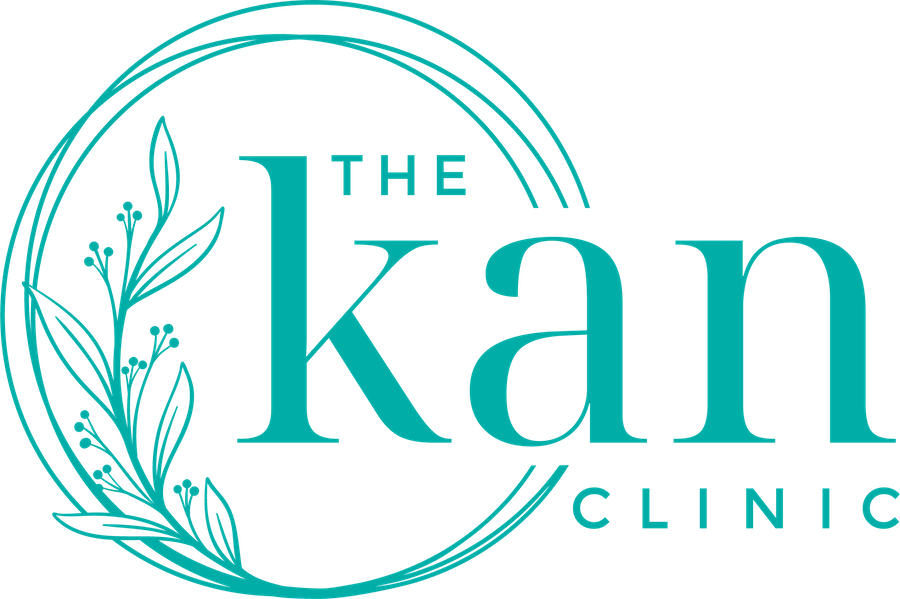The Penile and Seminal Microbiome, And It’s Role in Men’s Health
We all know about microbiomes by now - those communities of microorganisms such as bacteria, fungi, and viruses inhabiting different areas of the body, the most notable one perhaps being the gut microbiome. Microbiomes get a lot of attention because of their huge influence on health and disease. And whilst the gut microbiome gets most of the attention, the penile and seminal microbiome is a growing and equally fascinating area of men’s health. Just like other areas of the body, the male genital tract houses its own collection of microorganisms which help to positively (or negatively) impact health. Understanding the penile and seminal microbiome is essential when we’re talking about men’s health.
The penile and seminal microbiome refers to the collection of microorganisms that exist within the male genital tract, including the penis shaft and head, the foreskin, urethra, testes, and prostate. Unlike the vaginal microbiome which is typically associated with low diversity of microbes, the penile and seminal microbiome is often characterised by a higher level of microbial diversity. Some commonly identified bacteria include Staphylococcus, Streptococcus, Lactobacillus, Corynebacterium, Prevotella, Escherichia, Anaerococcus, and Finegoldia.
Factors influencing the penile and seminal microbiome
Like other human microbiome sites, such as the gut, the vagina, or the mouth, the penile and seminal microbiome is influenced by a variety of factors. For example, research has shown that men who engage in heterosexual interactions have vastly different microbial profiles than men who have sex with men. Circumcision status is also a great influencer of the penile microbiome, with research showing that circumcised men have decreased microbial diversity. Other factors impacting this microbiome site include personal hygiene, age, genetics, diet, geographical location, and lifestyle factors such as smoking, stress, and alcohol intake. The gut-testes axis is another interesting and emerging area here, whereby the gut microbiome has been shown to impact testicular functions via its influence on hormones including testosterone, inflammation, vascular and endothelial health, and sperm production.
The role of the penile and seminal microbiome on health
Fertility: The influence of the penile and seminal microbiome on fertility is becoming clearer. Research demonstrates that fertile and infertile populations have different bacterial profiles within seminal fluid. Dysbiosis within the male genital tract has been linked to various indicators of fertility including sperm DNA fragmentation, sperm morphology, sperm motility, and increased seminal reactive oxygen species (ROS). In fact, the presence of several bacteria within the male genetal tract has been associated with low semen quality, including Gardnerella, Prevotella, Anaerococcus, and Enterococcus. Additionally, bacteria indicated in sexually transmitted infections, including Neisseria gonorrhoeae and Chlamydia trachomatis, have been shown to impact sperm count, morphology, and motility.
Infections: A disrupted penile microbiome can lead to a higher risk of genital infections. Conditions like balanitis, or inflammation of the glans penis, have been linked to bacterial imbalances within the penile and seminal microbiome. Dysbiosis of this area also increases the risk of contracting sexually transmitted infections.
Inflammation: Conditions of inflammation, such as prostatitis and urethritis, have links to penile and seminal microbiome health. Prostatitis, for example, has been associated with seminal dysbiosis, increased bacterial species richness, and a lower rate of protective bacteria such as Lactobacillus species.
The impact of the penile and seminal microbiome on vaginal health
Research demonstrates that sexually active couples share 56% of predominant bacterial genera and that penile microorganisms may contribute to the overall diversity or imbalances of the vaginal microbiome. One study found that male partners of women who have a predominance of Gardnerella vaginalis - commonly associated with bacterial vaginosis - are more likely to experience inflammation within their genital tract and leukocytospermia, a major contributor to seminal ROS and thus infertility.
Supporting penile and seminal microbiome health - the basics
Practise proper hygiene: Regular, gentle washing of the genital area is key to preventing microbial imbalances. For uncircumcised men, cleaning properly beneath the foreskin is especially important.
Safe sex: Using barrier protection during intercourse, especially with new or multiple partners, can help reduce the risk of introducing pathogens that may disrupt the microbiome. Regular STI screenings also help ensure that you and your partner remain healthy.
Maintaining overall health: ensure you eat a healthy diet full of whole foods, drink enough water, manage and address stress, and engage in regular physical activity.
Treating the penile and seminal microbiome with naturopathy:
Symptom and case assessment: when working with a naturopath, we will comprehensively screen your case. This may include symptom-specific questions, gathering information about your health history, sexual history, STI history and STI testing history, and assess your diet, lifestyle, and systemic health.
Testing: it’s essential to identify specific microbes at play, if any. This can include semen analysis, STI screening, urinalysis and culture, and skin swabs. It may also be relevant to assess the impact of other microbiome sites, such as the gut.
Topical treatments: naturopaths can employ microbe-specific washes to help promote microbial health. These may include apple cider vinegar, H2O2, or specific herbs and nutrients such as zinc and green tea.
Root-cause support: your naturopath will also identify the factors individual to you that are likely contributing to your presentation for example, hormone imbalances, nutrient deficiencies, chronic stress, or lifestyle factors such as contact irritants. From here, we can utilise herbs and nutrients to correct imbalances, and recommend personalised lifestyle interventions such as low-irritant condoms and lubricants.

